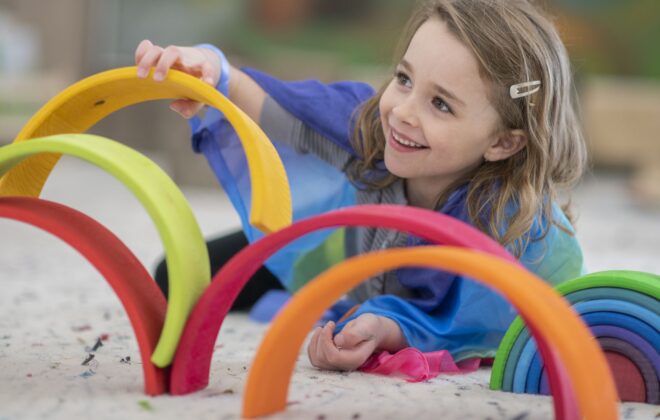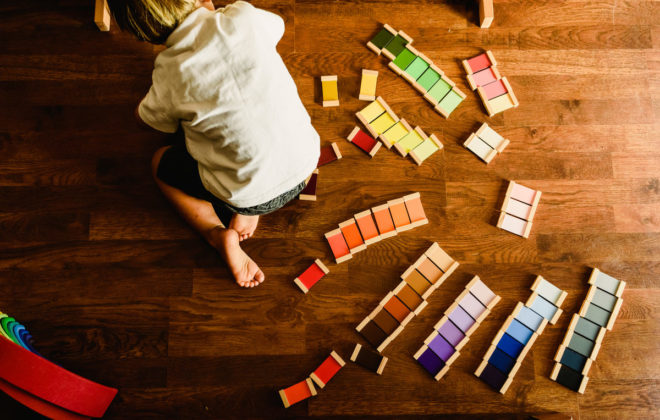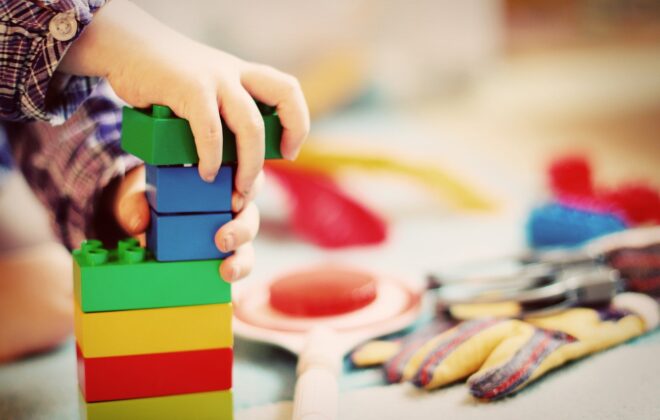‘Praise’ the Montessori way
Do you say “good boy”, “well done” or “good job” to your child? Do you remember the time when your parents and teachers are praising you? We will discuss the issues with praise and the suggested Montessori alternatives to praise.
“Eventually we gave up either punishing or rewarding the children.”
—Maria Montessori, The Secret of Childhood.
Praising is something that is commonly practiced by parents. Praise the good behaviour to encourage your child to keep that good behaviour. It seems a good habit but is it? Is it the best way to encourage our child?
Praise is simply a “verbal reward”. A reward is something that you give to your child when he has been good or has done something that you wanted him to do. We also promise a reward if our child complies and even praise, for example, some might say “mummy will be so happy if…”. We also threaten to remove that reward and praise “daddy will be mad at you if…”.
When we praise our children, we encourage them to do an action to please us. The more we praise them, the less they act on their own accord, guided by their inner guide and the more they behave “just to receive our approval”.
Obviously, when we praise, we have good intentions. At least, it’s positive and we want to show our children that we value their efforts.
But the truth is that our children have an inner drive. They want to learn, they want to explore, they want to figure things out. Maria Montessori observed that some children were even upset when the adults were congratulating them after they had completed a piece of materials.
A child doesn’t learn to walk to please us, he will walk because he is meant to move! He will learn to read because he wants to read books. He will dress up because he wants to become independent.
Montessori encouraged us to nurture that intrinsic or internal motivation. We provide self-correcting materials for that reason. If the child can check his work, then he doesn’t need the adult’s approval to keep learning. Praising does the opposite, it reinforces “external motivation”.
Maybe you have observed that praise works with your children! You see your child looking at you with a big smile when you say “good girl”. She even waits for you to say something or asks “am I a good girl, mummy?”
The reason praise work in the short term is that young children are hungry for our approval. After all, our mammal brain is wired to make our children bond with us, and approval is one way to be recognized by peers or parents. We are social beings and our children need to be attached to us for their own survival. But we have a responsibility not to exploit that dependence for our own convenience.
Praising your child also reinforces the idea of “conditional love”.
“Good job” is a judgement of your child’s work. Good Boy or Good girl a judgement of your child’s worth. What praise may communicate is “I love you because you’ve done well”.
Note that being proud of your child or celebrating with your child is not the same as praising your child in order to obtain good behaviour. Also, the more we praise our children, the more they rely on us to judge if they have done well.
Many studies have shown that praising hinders “spontaneous generous behaviours”. Children, even young toddlers, don’t need us to point out each of their good behaviours. When they comfort a friend who has hurt himself, they will have a direct feed-back from that friend and that will be enough. We are pre-wired to display empathy and if our children have good role-model, aka us their parents, they will display good behaviours.
Another famous study (M. Budd. Rowe – 1982) has demonstrated that the children who are praised often hesitated to answer the questions, by fear of getting it wrong and therefore not to be praised.
People who are praised are also less likely to carry on challenging tasks, preferring the easy tasks to make sure they receive praise. The more you praise children, the more they seem to need praise to function.
If we use blanket praise, we risk raising a praise junkie child who will become a praise junkie adult, needing constant approval from superiors and relatives.
Children are well able to make their own judgement if given the tools. For example, if you offer Montessori material and toys and activities that are self-correcting then your child will be able to learn from his mistakes and corrects them himself without an adult input. He will develop his ability to judge any situation. He will have a better self-esteem and grows his own confidence.
Unfortunately, many of us have been raising by parents who were praising us for every opportunity. It is better than punishing us but we can still do better.
Praising might be so ingrained in us that the words will come out of our mouth before we had time to think about it!
So how to move from praising to something more purposeful?
Let me reassure, you can still value your child’s efforts and show her how much you are proud. But there is a way to do this that is purposeful and doesn’t impact their inner motivation. Descriptive praise is key! Try one of the following Montessori inspired alternatives to praise.
Click on this link to download the poster and paste it on your fridge today.
Categories
- Announcement (19)
- Event (7)
- Greetings (3)
- News (8)
- Parenting Tips (5)
- School Updates (14)



